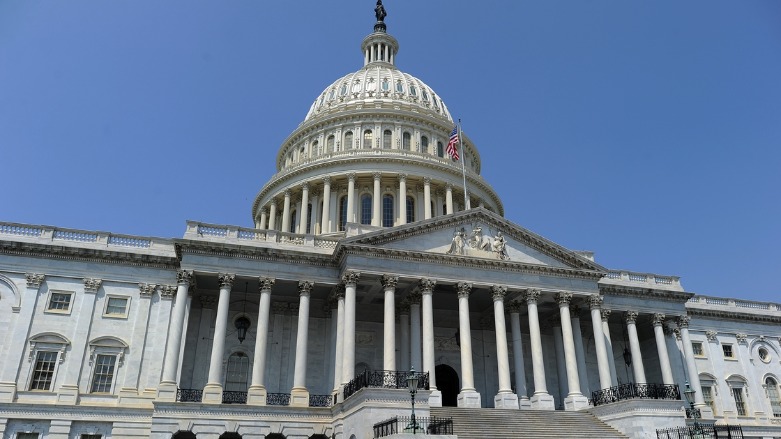Congressional opposition to Biden administration’s Iran policy grows

WASHINGTON DC (Kurdistan 24) - As the Biden administration continues its attempt to revive the 2015 nuclear deal—formally known as the Joint Comprehensive Plan of Action (JCPOA)—Congress is increasingly expressing its opposition to a renewal of the accord.
On Tuesday, a bipartisan letter, addressed to Secretary of State Antony Blinken and signed by 140 members of the House of Representatives, was released. 70 of the signatories were Republicans and 70 were Democrats.
Need to address Iran’s Ballistic Missile program and Support for Terrorism
The Congressional letter, which was organized by Rep. Michael Waltz (R, Florida) and Rep. Anthony Brown (D, Maryland), called on the administration to include threats beyond the nuclear issue in any agreement with Iran. Specifically, it called for addressing Iran’s ballistic missile program and its support for terrorism as two subjects which “must be addressed from the outset.”
On Feb. 19, the US announced that it was accepting an invitation from the European Union (EU) to join talks that would include Iran on reviving the JCPOA, concluded by Barack Obama in 2015, but rejected by Donald Trump three years later.
Read More: US reaffirms commitment to Iranian nuclear talks, despite Iran’s rejection
Although nearly three weeks have passed since then, Iran has not accepted the EU’s invitation. Rather, it has said that the US must first lift the sanctions that it imposed after Trump withdrew from the deal.
Moreover, since Feb. 23, Tehran has limited inspections and monitoring of its nuclear sites by the International Atomic Energy Agency (IAEA), as mandated in the accord.
Read More: US supports IAEA compromise on Iran nuclear inspections
The Biden administration, however, claims that there is no significant difference between its stance on Iran and that which the 140 Congressmen called for.
“This letter and the ideas put forward in the letter are in important ways very consistent with the approach that we have laid out,” State Department Spokesperson Ned Price said on Tuesday.
The Biden administration will use the renewed JCPOA agreement (once it is concluded), “as a platform to negotiate follow-on agreements” that would “cover other areas of concern,” Price stated.
“Two of those concerns certainly are ballistic missiles and Iran’s support for terrorism,” he continued, mirroring the language of the Congressional letter.
However, it is unclear how such follow-on agreements would be reached. As five senior Republican senators warned last week in a letter to President Joe Biden, “Your administration’s plans to address ballistic missiles and regional terrorism on follow-on agreements risks repeating the mistakes of the JCPOA, after which these promised agreements failed to materialize.”
“If the United States provides financial relief in return for commitments associated with Iran’s nuclear program,” the senators continued, “it is highly unlikely that the United States will have sufficient leverage for follow-on agreements.”
Need for Congressional Review of any Iranian Sanctions Relief
On Tuesday, Rep. Michael McCaul (Texas), the Lead Republican on the House Foreign Affairs Committee, announced that he and 20 Republican members of the Committee had introduced a bill allowing Congress “to review, and if necessary block, any effort by the Biden administration to terminate US sanctions against the Iranian regime,” his office said in a press release.
The proposed legislation would be the companion to a Senate bill sponsored by. Sen. Bill Hagerty (R, Tennessee.)
“The Biden administration has already started making concessions in an apparent effort to start negotiations with Iran,” McCaul warned. “This bill creates a process for Congress to conduct appropriate oversight of any agreement with Iran that includes sanctions relief.”
Endorsing the House bill, Hagerty affirmed, “The Iranian regime continues to escalate with missile strikes, armed militants, and other forms of aggression in the Middle East.”
“Congress must proactively serve as a check on President Biden’s drive to use sanctions relief to reset relations with the terror-sponsoring Iranian regime,” he continued.
Hagerty cautioned that while the Trump-era sanctions “have taken time to implement and are now achieving their intended effect, this is not the time to back off or capitulate.”
Editing by John J. Catherine